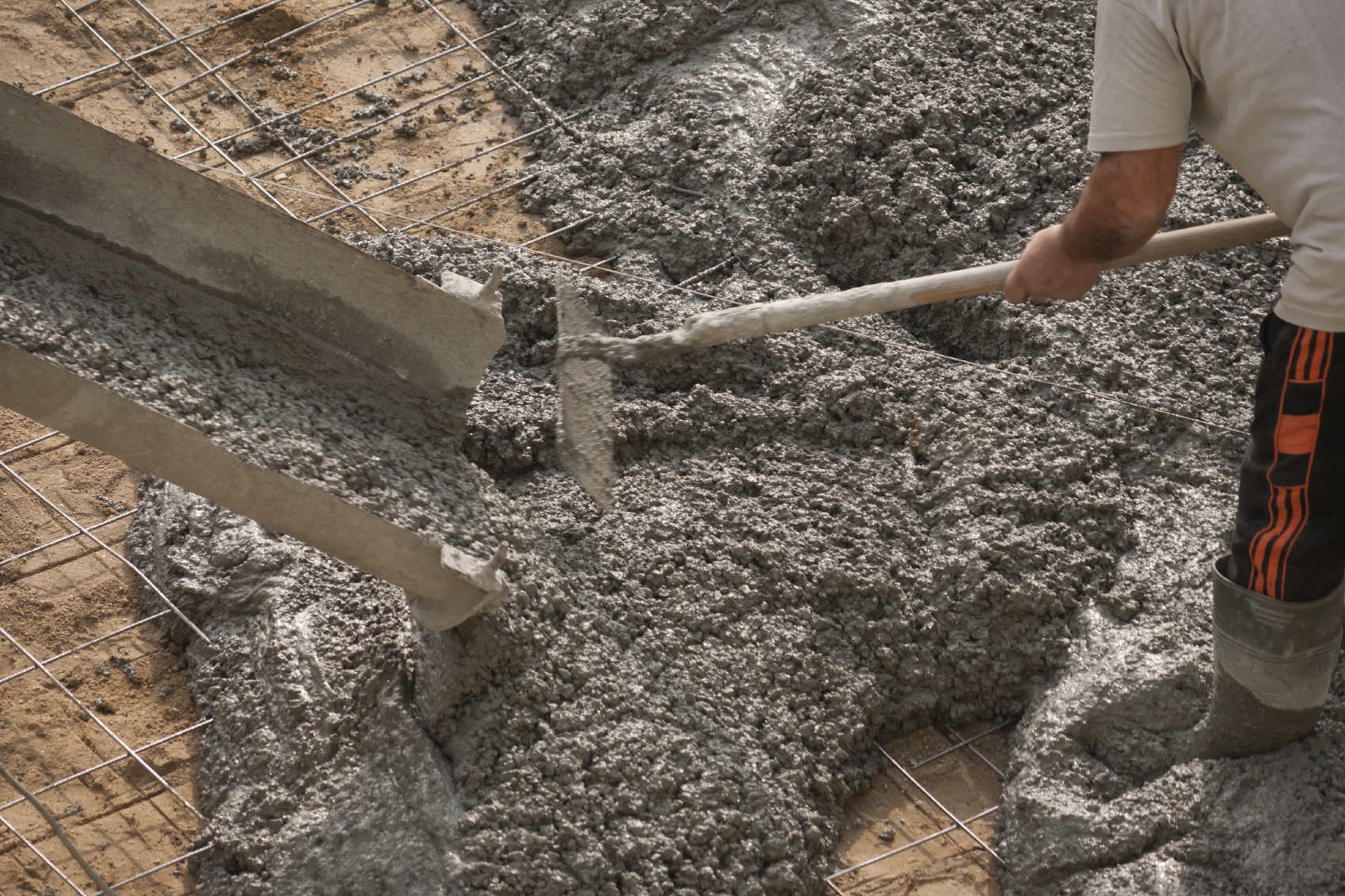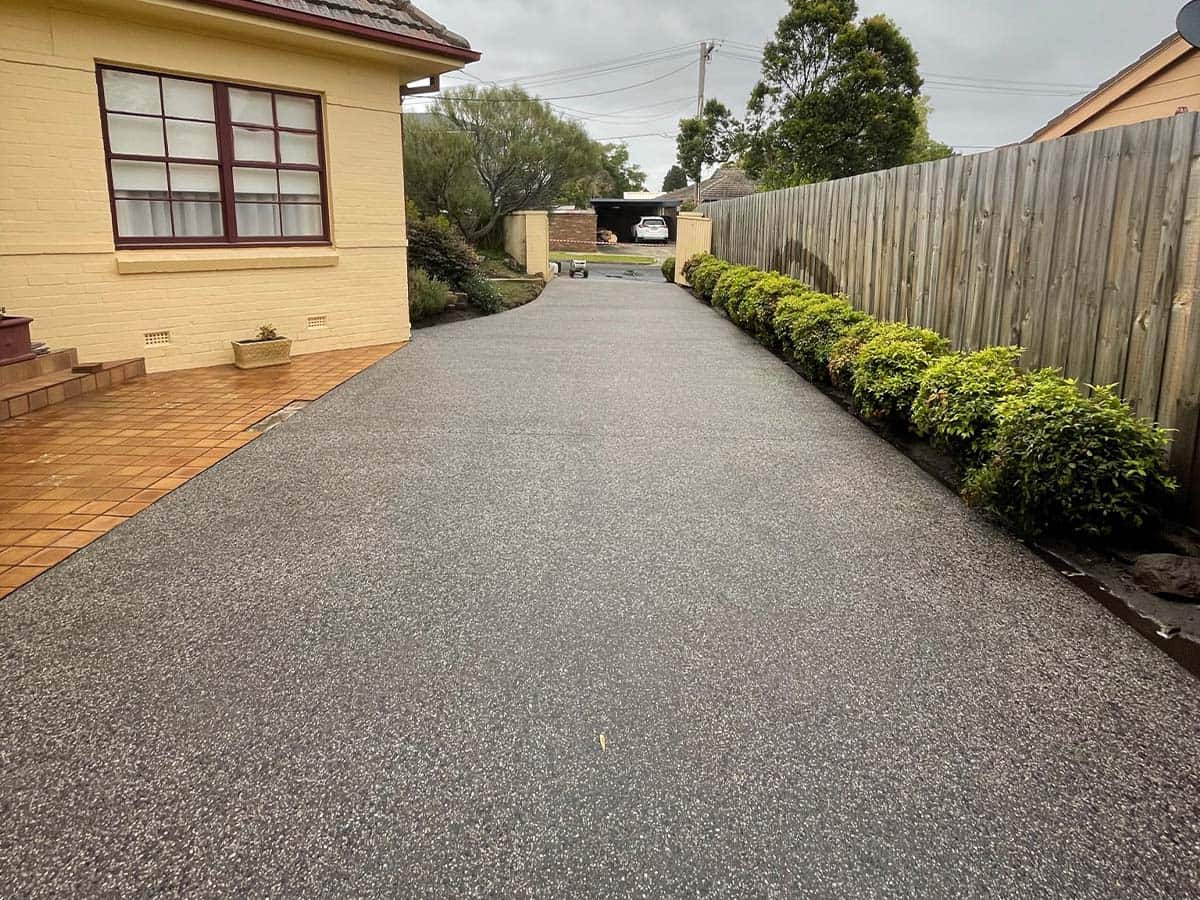Expert Concrete Installation: Transforming Your Space with Solid Structures
Expert Concrete Installation: Transforming Your Space with Solid Structures
Blog Article
Unveiling the Eco-Friendly Advantages of Using Recycled Concrete in Sustainable Building And Construction Practices
In the world of lasting building and construction practices, the use of recycled concrete stands as a critical yet typically underestimated resource. Beyond its standard applications, recycled concrete offers a myriad of eco-friendly advantages that prolong far past the boundaries of conventional construction materials.
Environmental Benefits
Undoubtedly, one of the most considerable benefits of making use of recycled concrete is its positive influence on the setting. By incorporating recycled concrete right into construction techniques, there is a substantial reduction in the demand for brand-new basic materials, bring about preservation of natural deposits. This process helps in maintaining aggregates, water, and power that would certainly have been made use of in producing new concrete. Additionally, the use of recycled concrete lessens the amount of waste being sent to landfills, consequently minimizing ecological pollution and minimizing the stress on garbage dump abilities.

In comparison, recycled concrete has a lower carbon footprint as it reduces the demand for brand-new concrete manufacturing. In general, the ecological advantages of using recycled concrete are significant and play a crucial function in promoting eco-friendly building and construction methods.
Cost-Efficiency
Attaining cost-efficiency is an extremely important consideration when examining the application of recycled concrete in building and construction projects. One of the key benefits of making use of recycled concrete is its cost-effectiveness compared to standard concrete.
Furthermore, making use of recycled concrete can cause savings in landfill prices by diverting concrete waste from disposal sites. This not just lowers the environmental effect yet also gets rid of the expenses related to waste elimination. Furthermore, the durability and efficiency of recycled concrete approach traditional concrete, making certain that cost financial savings do not jeopardize the quality of the building and construction.
Durability and Toughness
Recycled concrete offers similar, if not exceptional, longevity and strength buildings to typical concrete - Concrete. Through advancements in handling methods and high quality control, recycled concrete can satisfy or go beyond the performance requirements of traditional concrete.

Waste Decrease
When it comes to utilizing recycled concrete, waste reduction is a vital benefit that adds substantially to environmental conservation. By incorporating recycled check my reference concrete into building and construction jobs, this waste is repurposed and great post to read diverted from land fills, reducing the total environmental effect of building tasks.
Recycled concrete not only assists in decreasing the amount of waste that ends up in landfills yet likewise preserves natural deposits by lowering the need for brand-new aggregate products. This procedure of waste reduction advertises a round economic climate within the construction field, where materials are reused and reused to produce an extra sustainable industry. Additionally, making use of recycled concrete can lead to cost savings for building tasks, as it is usually more inexpensive than sourcing and transferring brand-new materials. Finally, waste reduction via the application of recycled concrete is a vital component of sustainable building methods that profits both the building and construction and the environment industry in its entirety.
Energy Conservation
When it comes to using recycled concrete in building, considerable power financial savings are attained compared to conventional concrete production. The process of creating recycled concrete involves crushing and reusing existing concrete materials, which eats less power than mining, processing, and transferring raw link materials for new concrete production.
Verdict
In conclusion, the usage of recycled concrete in sustainable building practices offers countless ecological benefits, cost-efficiency, sturdiness, toughness, waste reduction, and energy conservation. By integrating recycled concrete right into building and construction projects, we can add to a more lasting and eco pleasant future. It is vital for the building and construction industry to focus on using recycled materials to aid reduce the environmental influence of building tasks.
One of the crucial advantages of making use of recycled concrete is its cost-effectiveness contrasted to conventional concrete.Moreover, the use of recycled concrete can lead to cost savings in land fill costs by drawing away concrete waste from disposal sites. The longevity and efficiency of recycled concrete are comparable to conventional concrete, ensuring that cost financial savings do not jeopardize the high quality of the building and construction.

Report this page